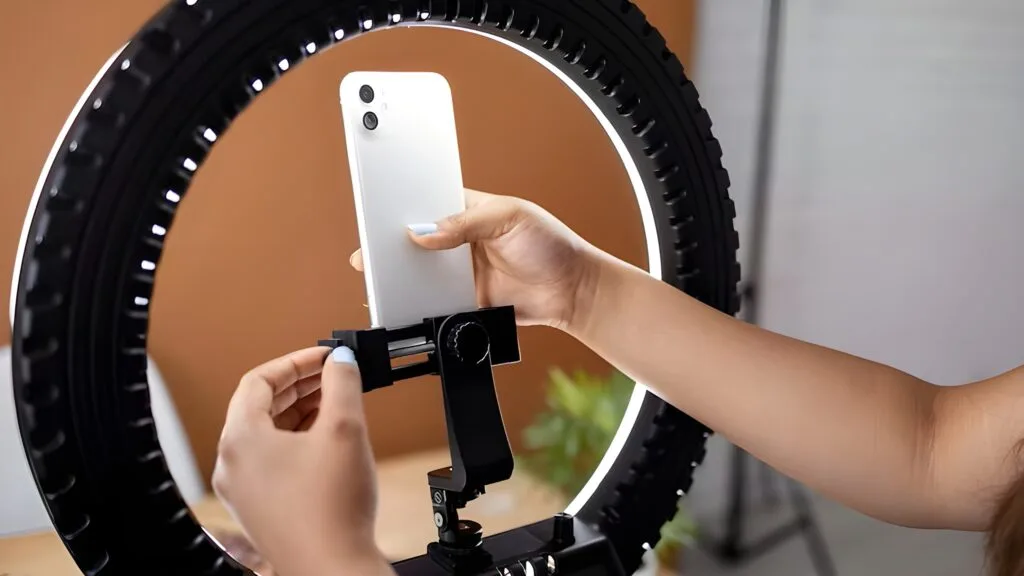Voice assistants are no longer futuristic novelties. They’ve become essential tech, woven into how we live, work, and even relax. By 2025, it’s hard to find a home that doesn’t have at least one voice-controlled device — whether it’s managing the thermostat, dimming the lights, or helping organize your calendar.
But with so many choices, which one actually stands out as the best? That’s not as simple as it sounds.
Amazon Alexa: Still the Smart Home Heavyweight
When it comes to running a connected home, Alexa continues to dominate. Since its launch in 2014, Amazon’s assistant has grown into the centerpiece of countless smart homes. It can control lights, locks, thermostats, and even coffee makers — often all in the same breath.
The secret sauce? Alexa’s vast library of “skills,” which now tops 100,000. Whether you want to play a guessing game, order takeout, or track your Amazon packages, there’s probably a skill for it.
However, it’s not perfect. Alexa doesn’t handle more complicated, conversational follow-ups as smoothly as some competitors. And let’s not ignore the elephant in the room: privacy. Questions continue about how Amazon stores and uses voice data.
Still, if your dream is a house that responds to your every command, Alexa remains hard to beat.
Google Assistant: The King of Knowledge
Need to settle a debate or find that obscure fact? Google Assistant is your go-to. Backed by the world’s most powerful search engine, it delivers answers quickly and with impressive context. Ask it something vague — then keep asking — and it rarely gets tripped up.
Beyond that, it’s deeply woven into Google’s ecosystem. Your Assistant knows your calendar, your commute, even your favorite YouTube playlists. And it’s equally at home on Android devices, Google Nest speakers, and yes, even on iPhones.
Its smart home support is catching up, but Alexa still wins on sheer third-party integration. Routines are there too, just not quite as advanced.
In short: if you live on Google, this Assistant feels like a natural extension of your digital life.
Apple Siri: Seamless, Private, and Very Apple
Siri might have been the first voice assistant most people ever tried, back on the iPhone 4S. Since then, it’s quietly improved — and now works smoothly across iPhones, iPads, Macs, Apple Watches, and HomePods.
What makes Siri stand out isn’t flashy features. It’s how effortlessly it connects everything Apple. Start a note on your Mac, set a reminder with your phone, get a gentle nudge on your wrist. It all just works.
Apple also puts a big emphasis on privacy. More processing happens right on your device, keeping your data from ever reaching external servers.
Still, Siri has its limits. It doesn’t handle complex, layered questions like Google Assistant. And outside of Apple’s HomeKit, its smart home reach is more restricted.
If you’re already living inside Apple’s ecosystem — and care deeply about privacy — Siri is still the natural choice.
Samsung Bixby: A Specialist With Surprises
Bixby is Samsung’s homegrown assistant, found on its Galaxy phones, smart TVs, and appliances. It hasn’t taken off like the others, but it does have some clever tricks.
For one, Bixby can dive into phone settings most assistants can’t touch — toggling Wi-Fi, launching apps, adjusting camera modes — all by voice. It also works tightly with Samsung’s SmartThings platform, making it great for Samsung-heavy homes.
The downside? Limited third-party integrations and weaker handling of multi-step, conversational queries. Also, it only really shines on Samsung gear.
For loyal Samsung users, though, Bixby offers unique voice control that competitors simply can’t replicate.
Things to Think About Before Choosing
It’s tempting to pick the flashiest assistant. But it pays to ask a few quick questions first:
- Are you already tied to an ecosystem — like Apple, Android, or Amazon?
- Is smart home automation your main goal, or do you want help with search and daily productivity?
- How concerned are you about privacy and data sharing?
- Do you need multilingual support or advanced custom routines?
There’s no single best voice assistant. Alexa excels at smart homes. Google Assistant is unmatched for search and AI conversation. Siri is best when everything you own has an Apple logo. And Bixby? Perfect if your home and phone both say Samsung.
Final Thoughts
By 2025, voice assistants aren’t experimental tech anymore. They’re how millions of people manage their homes and organize their lives.
Choosing the right one isn’t just about the coolest features. It’s about finding the assistant that slips most naturally into your habits and your devices. Whether that’s Alexa turning off your lights, Google answering life’s odd questions, Siri syncing across your Apple universe, or Bixby tweaking your Samsung TV — the best assistant is the one that fits seamlessly into your day.


